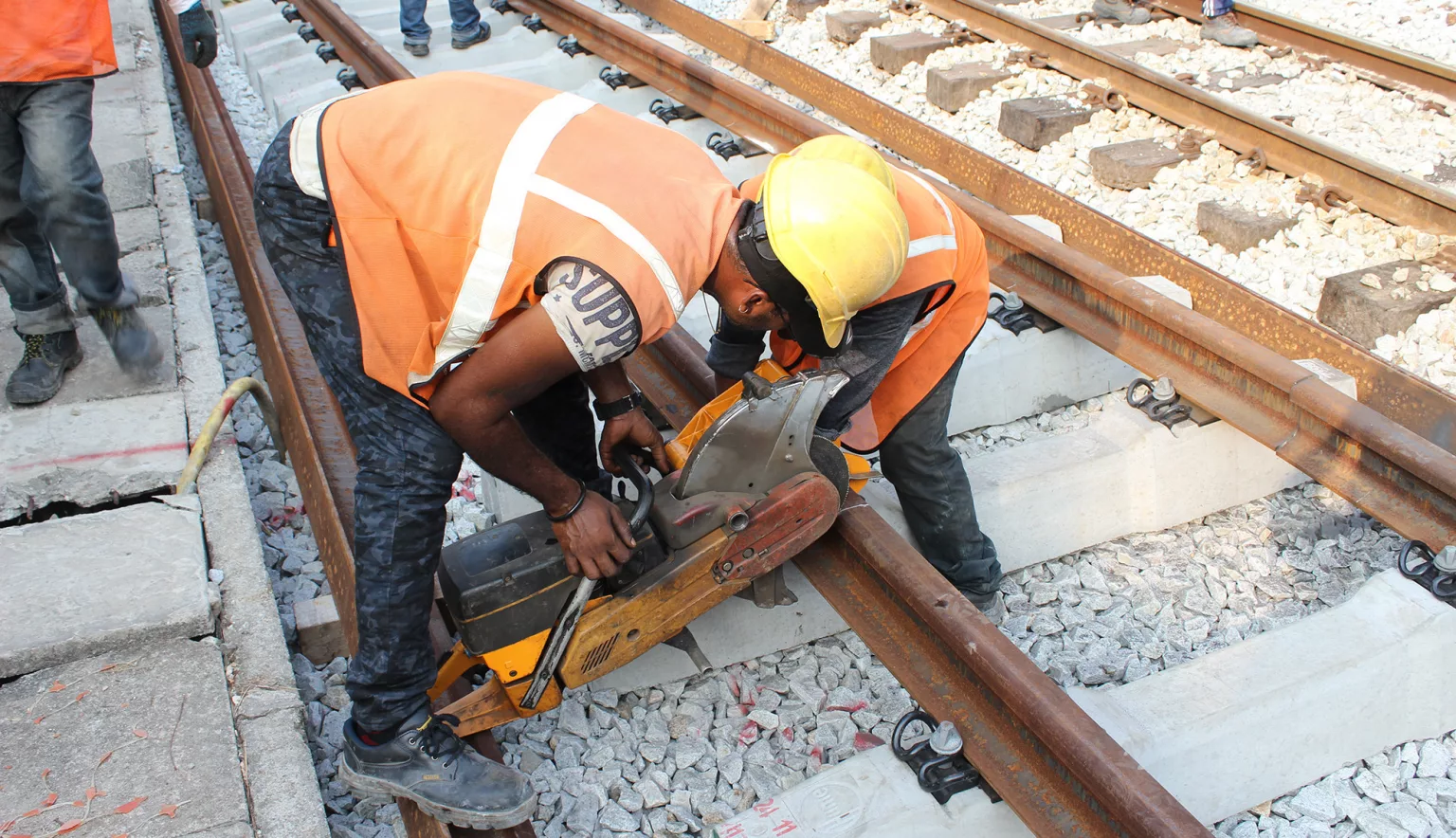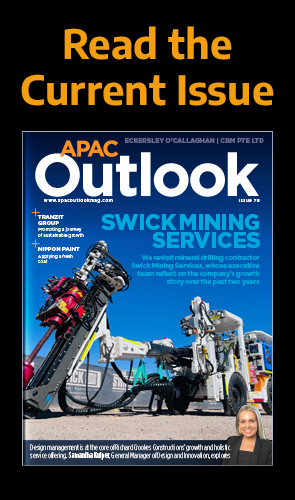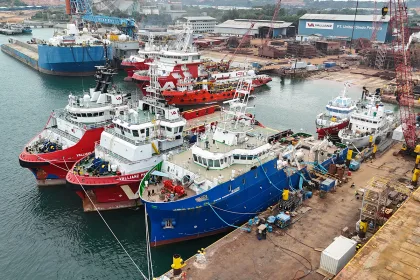A diversified construction company specialising in specific niches, DMIA Group is helping to transform the Southeast Asian urban landscape by embodying progressive, new-era ideals.
MOTIVATING MALAYSIA’S MODERNISATION
It’s almost a year on from Malaysia’s 14th general election, yet political euphoria still best describes the feelings of many of the country’s citizens.
In May 2018 the Pakatan Harapan party was voted in, marking the nation’s first change in government in more than six decades. Now finding its feet, the new administration is focusing attention on creating a new-era Malaysia that will embody both diplomatic harmony and economic prosperity.
“There’s a genuine and real effort being made by the government to transform the nation’s infrastructure,” explains Datuk Mohammed Razeek Hussain, revealing a key outcome of the ongoing transformation. “Construction is a sector that already accounts for approximately 23 percent of national GDP, and as far as growth and development is concerned, everybody knows that the industry is an ideal proponent.”
Well placed to comment on the current climate being the Chief Operating Officer of DMIA Group, one of Malaysia’s leading construction entities, Hussain is optimistic about these current conditions. He continues: “No less than 80 percent of construction materials in Malaysia are obtained locally, whether it be sand, cement, paint or other architectural materials.
“Combining this with the fact that many companies are willingly answering the government’s call to create a new, modern Malaysia, an exciting stage is set for both the country and our industry right now.”
OUT WITH THE OLD, IN WITH THE NEW
Having successfully established itself as a one-stop shop service provider within the rail construction niche, not to mention a substantial portfolio amassed across its infrastructure, highway and property divisions, DMIA Group has been acting as a motivator of modernisation since its inception in 1996.
An ISO 9001:2008 accredited company, the business has delivered a number of prestigious projects in recent years, working on the Central Link KLIA Expressway, the Rail Link to West Port project, part of the Electrified Double Tracking access road between Gopeng and Ipoh, and major slope rehabilitation works along the North-South Expressway.
Excelling in a number of fields, one of DMIA Group’s key differentiators is its rail rehabilitation prowess, the company being the proud owner of Malaysia’s leading specialised track construction machinery and expertise.
“From regulators to stabilisers to S2PV machines that are able to remove and relay tracks seamlessly, it’s a sphere that we’ve continued to invest in heavily in recent years,” explains Hussain. “In fact, I can reveal that our investment is now close to reaching RM300 million ($73 million).”
Renowned as the go-to service provider within this segment, DMIA recently won a RM1.4 billion ($340 million) contract from the Malaysian government for the Klang Valley Double Track (KVDT) project, a major track rehabilitation undertaking between Kuala Lumpur and Rawang, a town located roughly 40 kilometres north of the capital.
“We’re currently halfway to completion and are expecting final delivery in Q3 2020,” Hussain reveals. “We’re removing the existing 25-year-old tracks, rebuilding the foundations and putting in a thicker ballast, then relaying stronger, heavier, modernised rail lines.
“The ultimate outcome is that both passenger and cargo locomotives using the lines will be able to both travel faster and haul greater tonnage.”
A double track project, the track length will far exceed the 40-kilometre route length, totalling approximately 121 kilometres when accounting for siding and loops, substantially further bolstering KL’s ever-growing transport network.
ALTERNATIVE AMBITIONS
Alongside undertaking one of Malaysia’s current flagship rail construction projects, DMIA Group has equally been attracting international attention by virtue of its reputation – attention that has allowed the firm to begin exploring new opportunities across Southeast Asia.
Hussain affirms: “Myanmar, Thailand and the Philippines stand as particularly interesting prospective markets. We haven’t been actively seeking out new projects in this region as such, but rather have been approached by local players regarding potential collaborations.”
Speaking with the COO, it is clear that rehabilitation works are often a challenge in the way of railway construction, owed to a lack of available equipment or expertise. A company renowned for intense planning, meticulous research and its unrivalled equipment, however, DMIA Group has the potential to change this stagnant industry status quo.
“You can’t just throw down new track,” Hussain muses. “There are a multitude of factors, from the strengthening of foundations and ballasts that I mentioned to the safety concerns of working besides a live line, let alone providing new and upgrading signalling infrastructure, electrification infrastructure and more.
“It’s very onerous in terms of logistics planning. Everything has to be spot on and the materials and sequencing planning has to be delivered correctly. It can be very constraining and restraining, but we’re proud to have amassed our current portfolio with no fatalities to date across four million of man hours.”
While the company has a lot on its plate in the way of ongoing projects such as KVDT2 and its alternative real estate and infrastructure developments, this new avenue of opportunity will provide DMIA with a platform for substantial growth looking ahead.
“Optimistic is probably an understatement. We’ll certainly be busy over the coming months,” Hussain concludes.



































